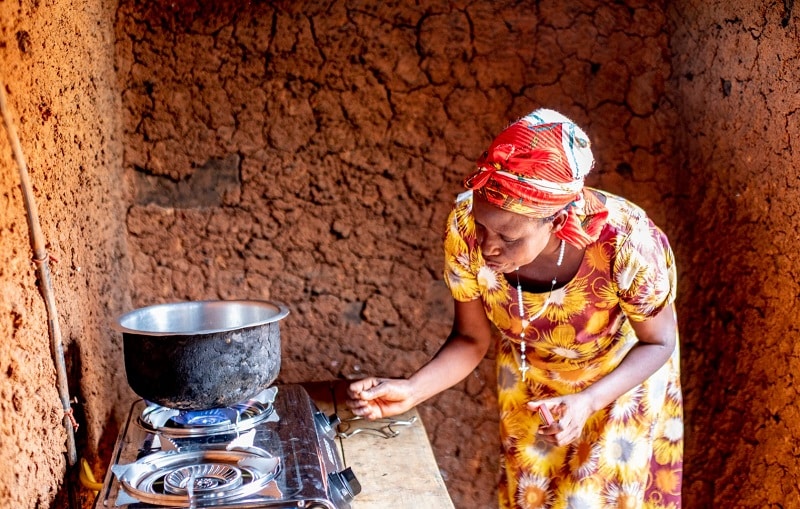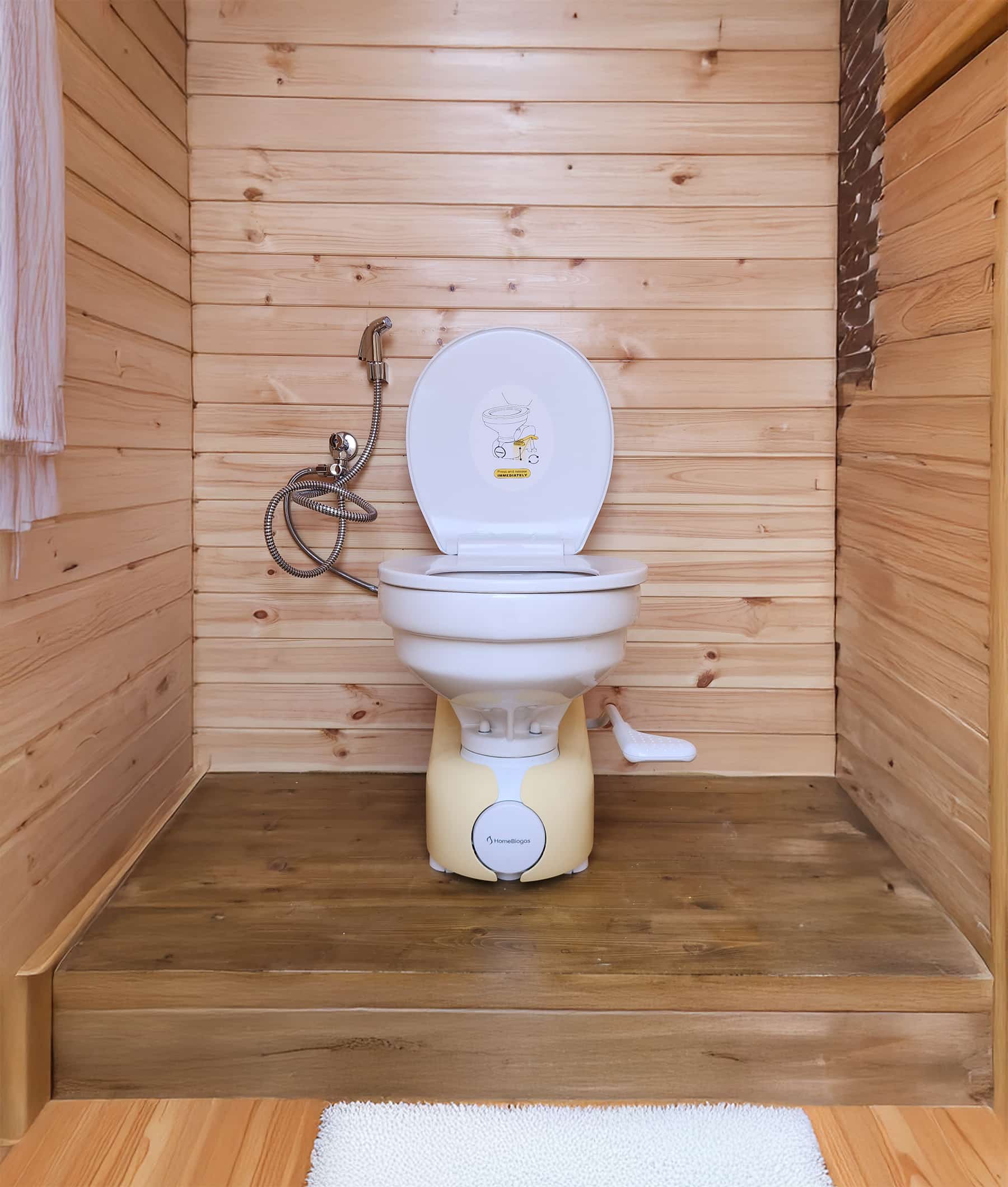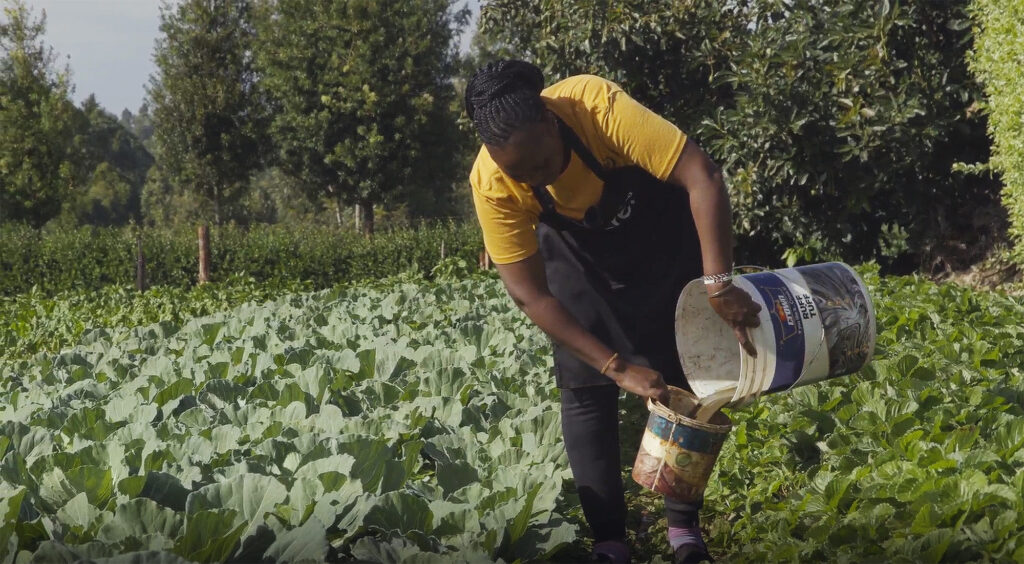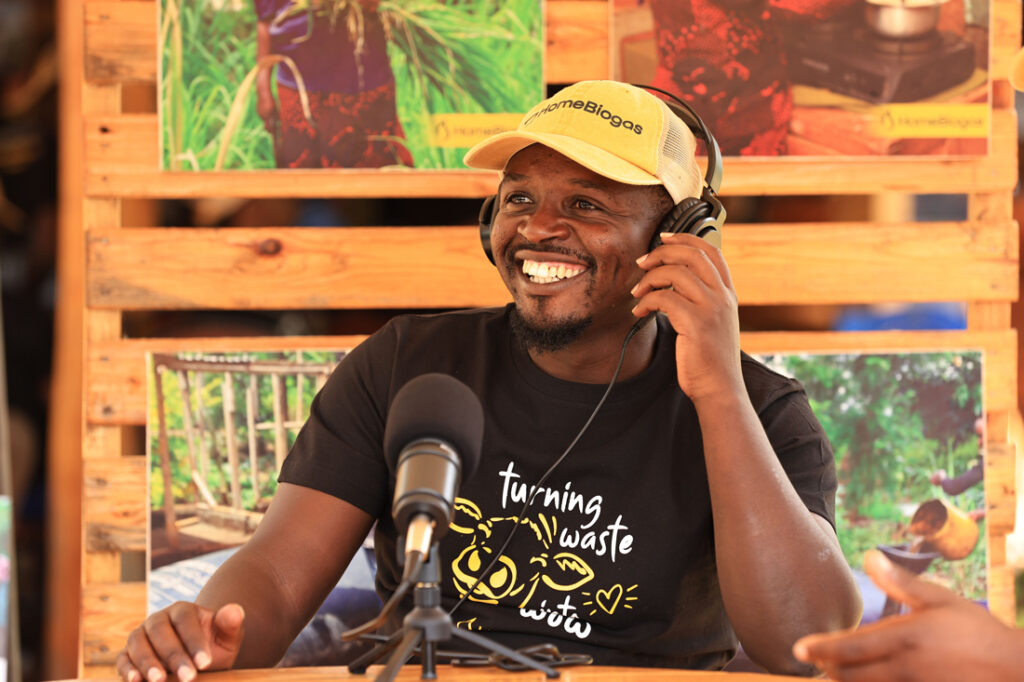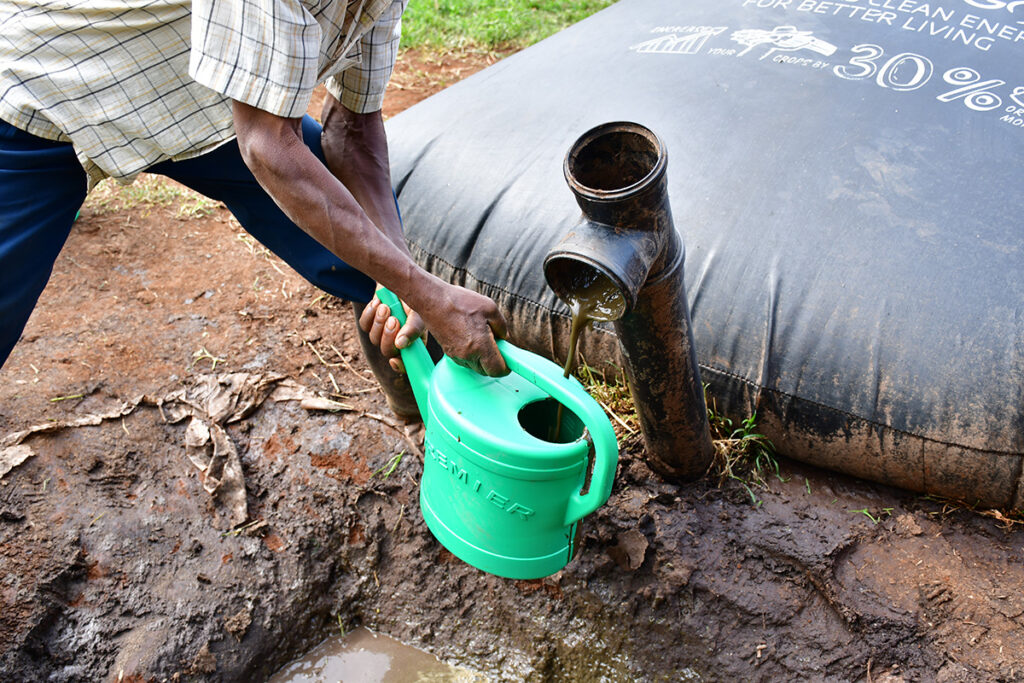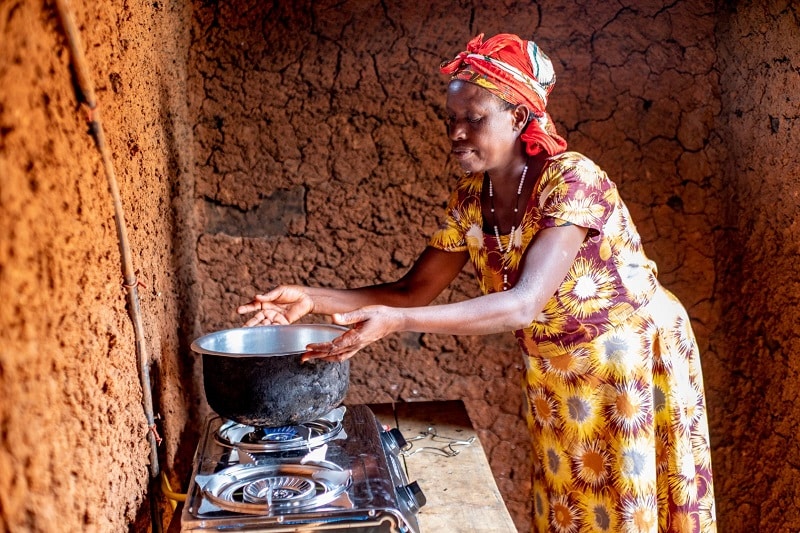
Turning organic waste into Opportunity: Building a Sustainable & Resilient Future in Rwanda
In 2023, a UNDP project introduced HomeBiogas technology to rural farmers in the Ngoma and Rwamagana district, in the eastern province of Rwanda. The HomeBiogas systems, which converts animal manure into cooking gas and Bio-fertilizer, revolutionized farming, and household practices, empowering farmers and greatly improving the lives of their families by providing clean cooking solutions, enhancing health, ensuring food security, and promoting gender equality.
The introduction of HomeBiogas technology is positively impacting women’s lives in several ways. Firstly, it eliminates the need for wood as a cooking fuel, thereby reducing the economic and time-consuming burden of buying or collecting wood. Additionally, it promotes clean cooking in kitchens, mitigating the health risks associated with indoor air pollution, which is responsible for millions of deaths annually worldwide.
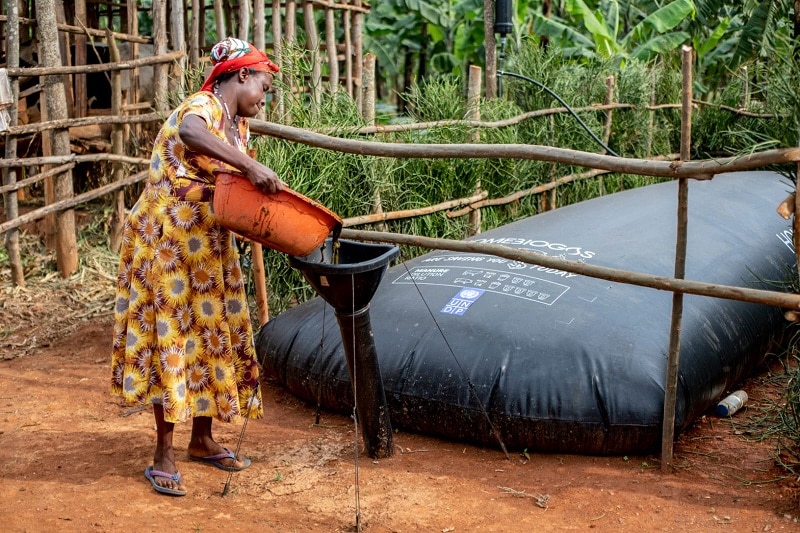
Empowering Farmers, Protecting the Environment
The transition to HomeBiogas technology not only addresses pressing environmental concerns such as deforestation and reliance on fossil fuels, but it also brings forth additional benefits for farmers. By using the HomeBiogas system, farmers can cut their carbon footprint by seven tons of CO2-eq per year by repurposing methane emitted from animal manure for cooking instead of releasing it into the atmosphere. Moreover, the Bio-fertilizer produced through this process serves as a sustainable alternative to chemical fertilizers, enhancing crop yields and promoting soil health, ultimately strengthening plants and facilitating the practice of regenerative agriculture. This innovative approach not only empowers farmers economically through the creation of new revenue opportunities but also cultivates resilience at both the national and personal levels.
HomeBiogas effectively executed the project, providing expert product installation and capacity-building programs. They established a long-term beneficiary success program and offered warranty coverage with product liability insurance, ensuring a high-quality and reliable project.
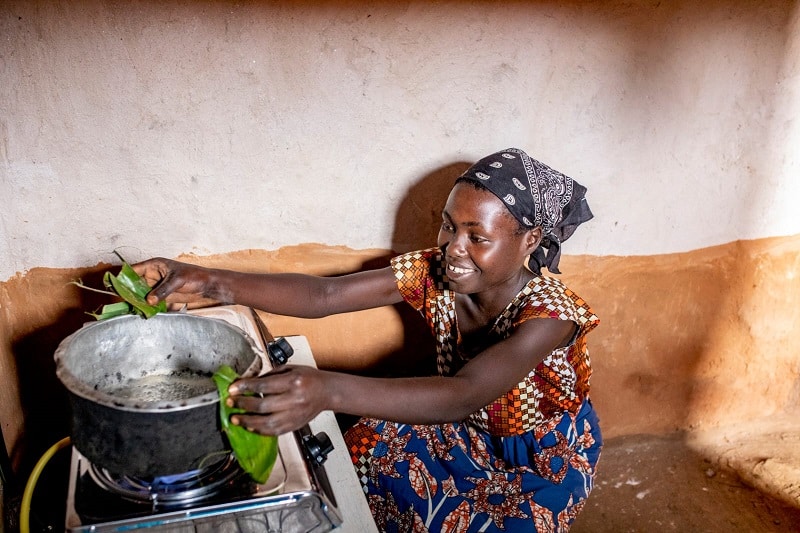
Project Forecasts: Positive Impact for 500 Rwandan Farmer Families over 10 Years
- 14,652,000 kg firewood saved
- 9M Hours of clean cooking fueled
- 64.8M kg animal manure treated
- 194,000 m3 Liquid Bio-fertilizer produced
- 1,71M work hours saved by women
- 1,692,000 USD in energy savings
- 1,340,000 USD in fertilizer savings
